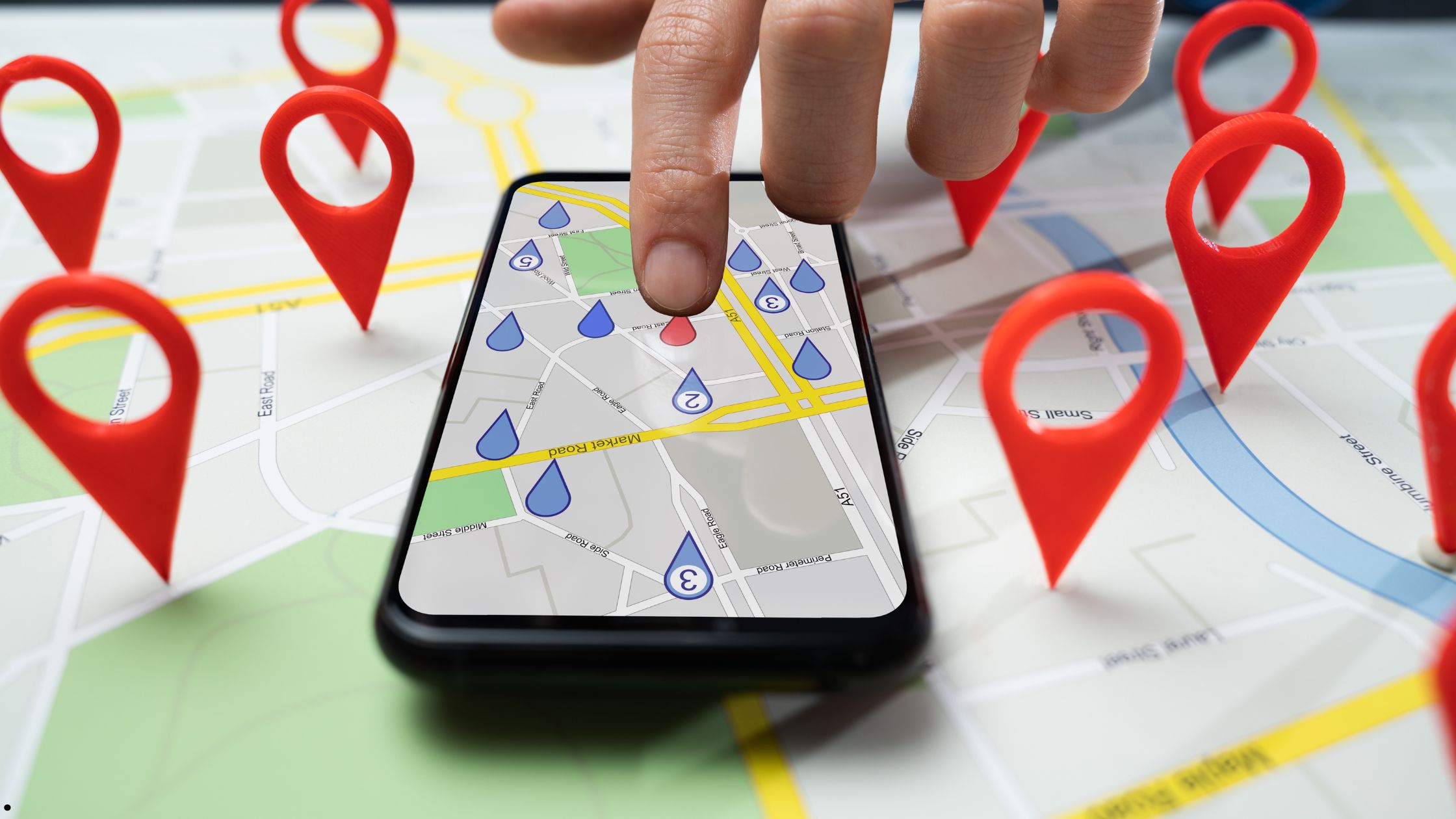Technology Sales Strategies That Work
The contemporary business landscape is characterized by intense competition and constant innovation. Companies no longer rely on traditional techniques alone to achieve their objectives. In today’s marketplace, success requires precision, adaptability, and a deep understanding of how technology influences decision-making. The most enduring results come from working technology sales strategies that fuse human ingenuity with advanced digital tools.

Understanding the Modern Buyer
Today’s customers are informed, analytical, and selective. They conduct thorough research before engaging with sales representatives. By the time a potential client speaks with a salesperson, they may already have a detailed understanding of the available solutions. This makes the initial conversation critical. Sales teams must be prepared not only to provide information but also to deliver unique value.
Effective sales methods focus on aligning with the buyer’s journey. Listening attentively, asking the right questions, and offering personalized insights all play essential roles. When combined with intelligent technology platforms, these methods become even more impactful. By using data analytics, businesses can predict buyer behavior and craft messaging that resonates with specific pain points.
Leveraging Data and Analytics
Information is the new currency in sales. Companies that harness data effectively can identify opportunities long before competitors notice them. Predictive analytics highlights customer patterns, while customer relationship management systems centralize insights. This enables organizations to prioritize leads with the highest potential.
Incorporating these techniques into proven sales approaches ensures that every interaction is calculated and purposeful. Instead of casting a wide net, modern sales teams focus on precision targeting. This not only increases efficiency but also strengthens the relationship between brand and buyer.
The Role of Personalization
Generic pitches are no longer sufficient. Buyers expect relevance and authenticity. Advanced tools such as artificial intelligence and machine learning enable businesses to personalize outreach on a scale never before possible. From tailored email campaigns to dynamic product demonstrations, personalization transforms conversations into meaningful engagements.
Personalized experiences accelerate technology sales success. When clients feel that a solution is designed specifically for them, they are more inclined to invest. Beyond driving conversions, personalization fosters long-term loyalty, ensuring that customers return for repeat purchases and provide referrals.
Building Trust Through Thought Leadership
Trust is the cornerstone of every successful transaction. Establishing credibility requires more than delivering a product; it demands thought leadership. Companies that position themselves as experts in their fields command greater respect and attention. Publishing insightful content, hosting webinars, and offering industry-specific advice are strategies that reinforce authority.
These efforts align seamlessly with working technology sales strategies, because they cultivate confidence before the sales process even begins. Prospects are more receptive to sales conversations when they already perceive a company as a trusted source of knowledge.
Utilizing Automation for Efficiency
Efficiency has always been a priority in sales. Automation now elevates this principle to new heights. From automated lead nurturing to scheduling follow-ups, technology allows teams to optimize their time and focus on what matters most: building relationships.
Automation tools ensure no opportunity is overlooked. Prospects receive timely communication, while sales professionals can allocate energy toward higher-level engagements. Integrating automation into effective sales methods maximizes productivity without sacrificing authenticity.
Collaborative Selling Across Departments
Successful organizations recognize that sales cannot function in isolation. Collaboration across marketing, product development, and customer service enhances every aspect of the buyer’s journey. Unified messaging creates a seamless experience for prospects, while shared insights foster innovation.
This cross-departmental synergy is a hallmark of proven sales approaches. When teams operate in harmony, they anticipate challenges, deliver consistent value, and close deals more effectively. The customer benefits from a cohesive journey, while the organization enjoys stronger revenue growth.
Embracing Flexibility and Adaptation
Markets shift, technologies evolve, and buyer expectations change. The ability to adapt quickly separates thriving companies from stagnant ones. Flexibility is not optional; it is a prerequisite for resilience. Sales strategies must evolve continuously to remain relevant.
Adaptation is central to technology sales success. Whether it’s adopting new digital tools, adjusting pricing models, or rethinking communication channels, adaptability ensures longevity. Companies that embrace change confidently maintain a decisive advantage over less agile competitors.
Creating Long-Term Relationships
The best sales strategies extend beyond the initial transaction. Long-term relationships drive sustained profitability. Engaged customers are more valuable than one-time buyers. Relationship-focused sales prioritize trust, transparency, and ongoing support.
These values align naturally with working technology sales strategies, which emphasize lasting connections over fleeting wins. By maintaining consistent communication and demonstrating commitment, businesses nurture advocates who promote their brand organically.
Sales in the digital age demand more than persistence; they require strategy, foresight, and creativity. Organizations that implement effective sales methods and integrate proven sales approaches establish a framework for sustainable growth. Through personalization, data-driven insights, and cross-departmental collaboration, companies can unlock new dimensions of opportunity.
At the heart of it all lies technology sales success—the result of innovation, adaptability, and customer-centricity. Businesses that embrace these strategies are not merely keeping pace with change. They are defining the future of commerce, one meaningful interaction at a time.






